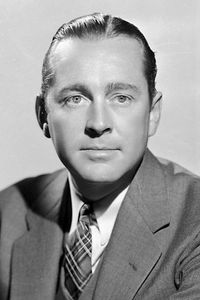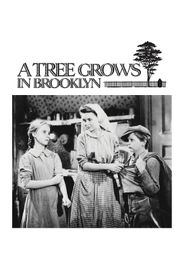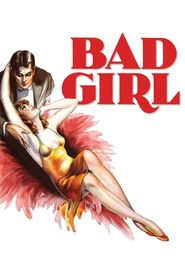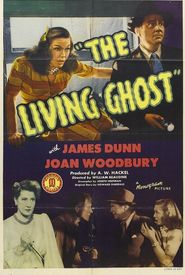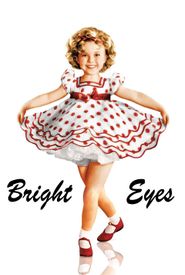James Dunn's early career in the entertainment industry began on the stage, where he honed his skills before transitioning to vaudeville and eventually becoming an extra in silent movies. His big break came in 1931 when he was signed by Fox, marking the beginning of a long-term association with the studio.
Dunn's first film with Fox was the 1931 release "Sob Sister," which was followed by a string of successful movies, including "Baby, Take a Bow" (1934),"Stand Up and Cheer!" (1934),and "Bright Eyes" (1934). He often played the role of the boy next door or the nice guy, which became a hallmark of his screen character.
As the 1930s progressed, the focus at 20th Century-Fox shifted from musicals to other genres, and Dunn found himself relegated to the "B" list. His appearances in films became less frequent, and he struggled to find steady work.
The late 1930s saw Dunn's personal life take a downward turn, as he began to struggle with alcoholism. His career suffered as a result, and he was eventually unable to find employment in the film industry.
However, in 1945, Dunn made a triumphant comeback with a critically acclaimed performance in "A Tree Grows in Brooklyn," earning him the Academy Award for Best Supporting Actor. Despite this success, his career did not experience a lasting resurgence.
By the early 1950s, Dunn was once again unemployed and bankrupt. It wasn't until the advent of television that he was able to find regular work, becoming a series regular on the show "It's a Great Life" in 1954.
Throughout his long and varied career, James Dunn was known for his versatility and ability to adapt to different roles and genres. Despite facing numerous challenges and setbacks, he remained a talented and dedicated performer until the end of his life.
